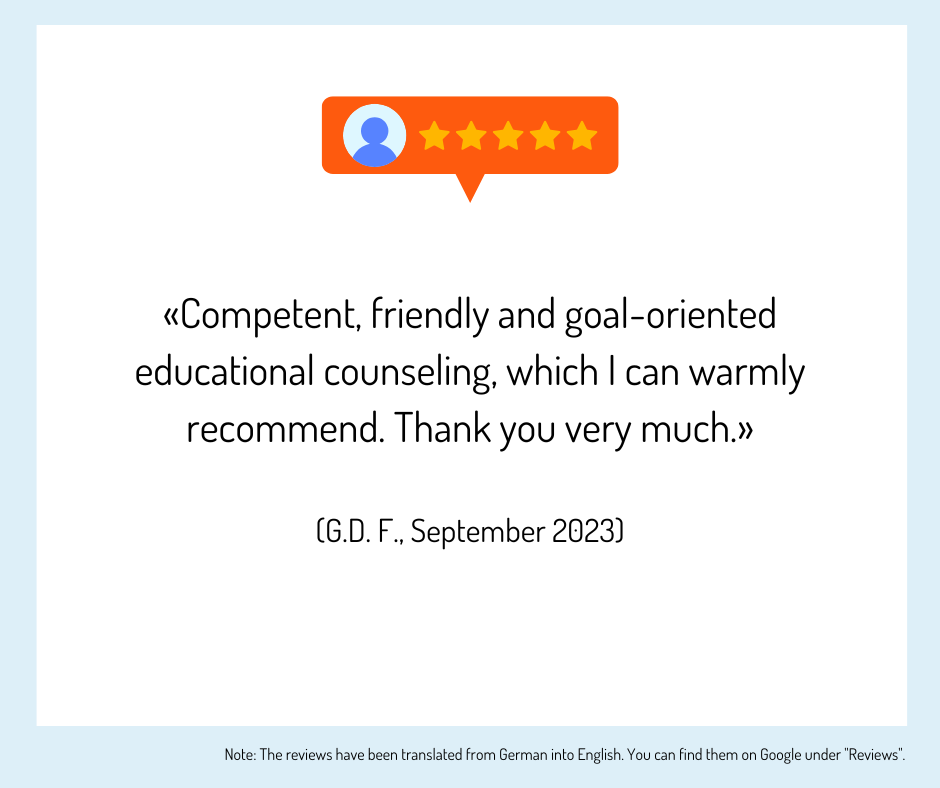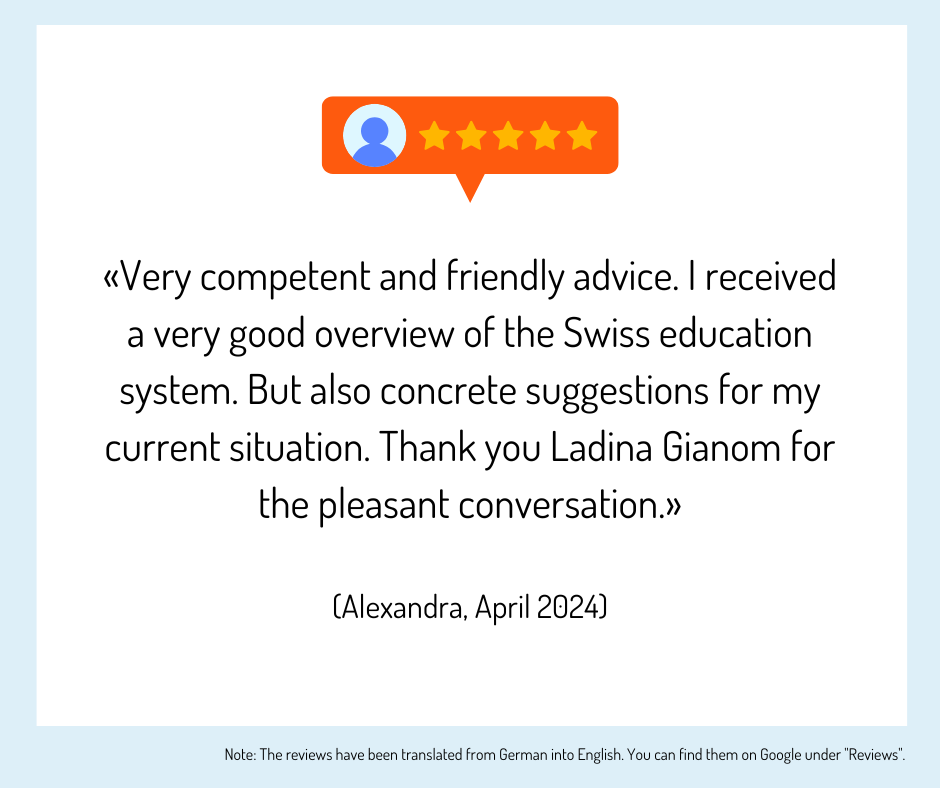Optometry: training, further education, studies, overview of schools and offers
Optometry - for flawless binocular vision
Questions and answers
Is the Optometry Bachelor's program also practice-oriented?
In addition to projects, students on the Bachelor's degree program in Optometry also complete clinical optometric internships in which they examine 35 specific cases and 115 general cases on other people. In addition, there is an internship with an ophthalmologist in the clinical area lasting at least three days.
Which modules must be taken in the Optometry degree program?
The Bachelor's degree course in Optometry imparts extensive knowledge and skills within optometry and trains students to become professionally qualified within six semesters. To this end, the modules "Chemistry and Biochemistry", "Fundamentals of Biostatistics", General Optics 1 to 5, Lens Technology 1 to 3 and the modules Physiological Optics 1 to 3 are taught within the fundamentals of optometry. Building on this basic knowledge, five modules in contact lens fitting, three in optometric eye examination, two in binocular vision, as well as one module each in "Pediatric Optometry", "Low Vision", "Advanced Optometric Examination Methods" and "Systemic Analysis of Clinical Problems" must be taken. In addition, two clinical optometric internships must be completed. In addition, two modules in "General Anatomy and Physiology", two in "General Pathology and Pharmacology", three modules in "Anatomy and Physiology of the Eye" and two modules in "Eye Pathology" are completed. English modules, business administration modules, modules in law and ethics, writing practice as well as argumentation and rhetoric form the contextual training, subject supplements of at least three modules, such as study design and literature research, workplace optometry and photometry, ray tracing and aberrations, imaging procedures and the functioning of diagnostic instruments or similar, round off the course together with freely selectable modules with a total of at least 5 ECTS as well as student projects including a Bachelor's thesis.
Where do graduates find employment after training in optometry?
After completing a bachelor's degree in optometry, you can find employment in the field of optometry as well as in teaching, research and healthcare. Optometrists can also work in medical technology or ophthalmic optics and ophthalmology in an industrial company thanks to their high level of training. As an optometrist with a Bachelor's degree in optometry, both a management position and self-employment are possible.
What are the admission requirements for the Bachelor's degree program in Optometry?
Admission to the Bachelor's degree program in Optometry is free of charge for students with a technical apprenticeship and a Federal Vocational Baccalaureate or an Advanced Federal Diploma of Higher Education (Achtung: Engl. Persons with a Baccalaureate, a Federal Vocational Baccalaureate in a field other than technical or a DMS3 intermediate diploma must also complete a one-year internship in optometry before beginning their studies.
How expensive is studying optometry with a Bachelor's degree?
Students on the Optometry / Optometry course who are resident in Switzerland or the EU pay CHF 700 per semester. In addition, there is a one-off registration fee of CHF 200, so that the fees for the complete Bachelor's degree course amount to CHF 4400 (as at the end of 2016). There are also costs for specialist literature, scripts, copies, etc.
Erfahrungen, Bewertungen und Meinungen zur Ausbildung / Weiterbildung
Haven't found the right training or further education yet? Benefit from educational advice now!
Further training is not only important in order to maintain or increase professional attractiveness, investing in training or further training is still the most efficient way to increase the chances of a pay rise.
The Swiss education system offers a wide range of individual training and further education opportunities - depending on your personal level of education, professional experience and educational goals.
Choosing the right educational offer is not easy for many prospective students.
Which training and further education is the right one for my path?
Our education advisory team will guide you through the "education jungle", providing specific input and relevant background information to help you choose the right offer.
Your advantages:
You will receive
- Suggestions for suitable courses, seminars or training programs based on the information you provide in the questionnaire
- An overview of the different levels and types of education
- Information about the Swiss education system
We offer our educational counseling in the following languages on request: French, Italian, English
Register now and concretize your training plans.











